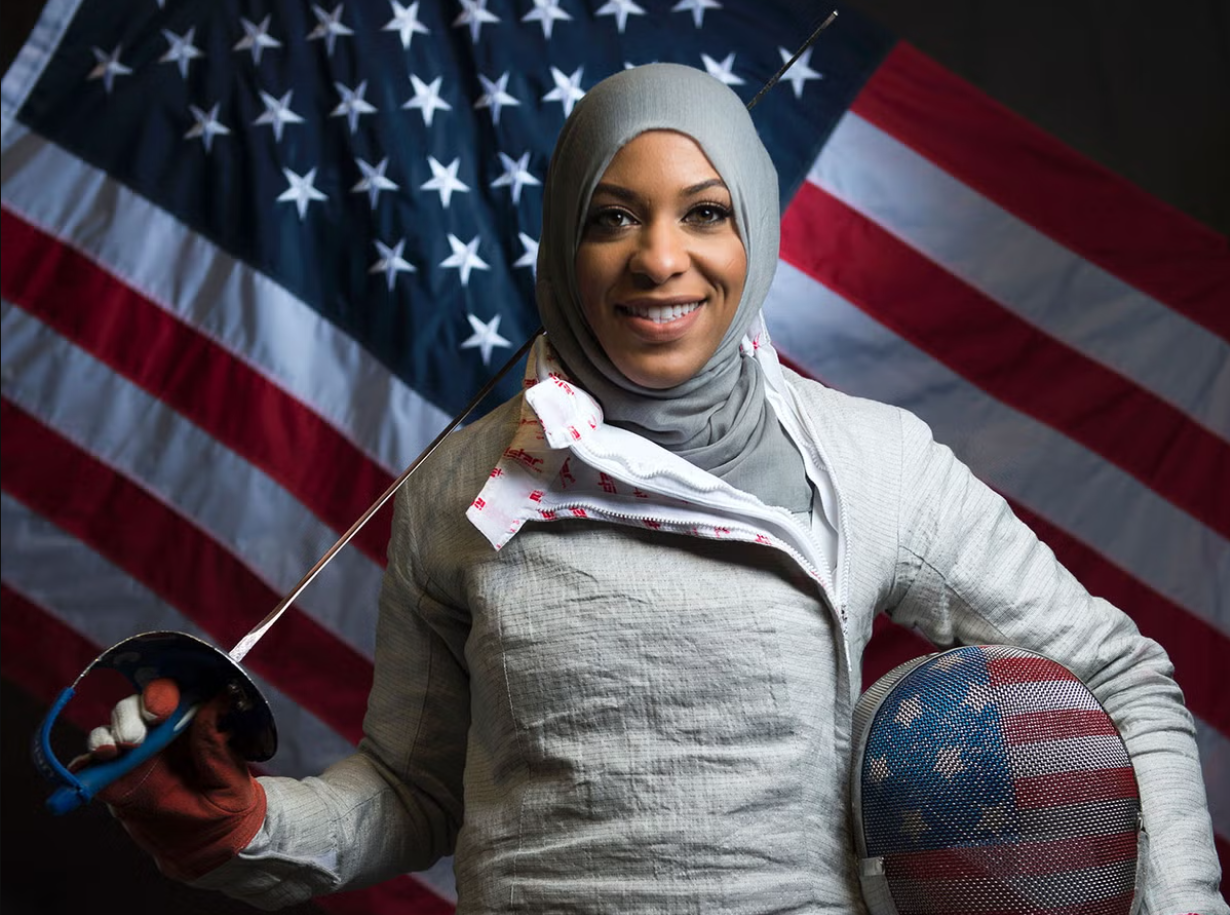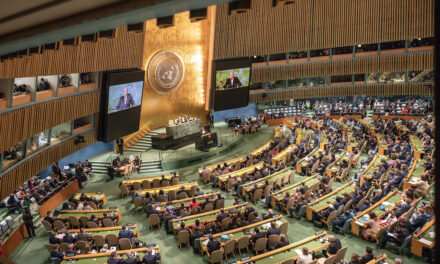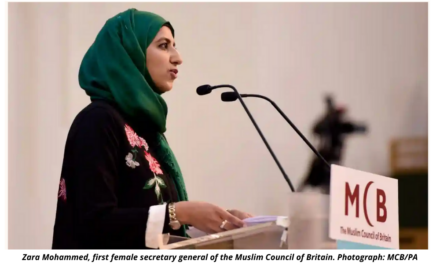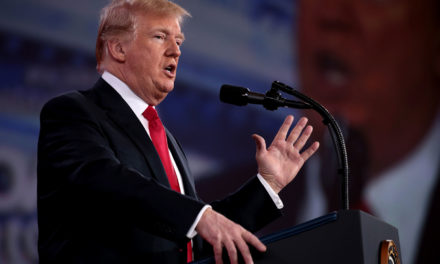Fencer Ibtihaj Muhammad made history in 2016 by being the first US-team member to compete in the Olympics wearing a hijab.
It was a year that saw rising anti-Muslim sentiment in the country with then-candidate Donald Trump’s talk of a so-called “Muslim ban”.
In a new episode of Generation Sport, Muhammad told Al Jazeera that this put an uncomfortable spotlight on her compared to her teammates, as she was asked to weigh in on Trump and his views.
“I definitely had apprehension answering these questions”, she said, “but I felt like this was my opportunity to dispel a lot of stereotypes that people have about the Muslim community, about where we’re from, what we look like”.
Prior to qualifying for the Rio Olympics, where she won a bronze medal, Muhammad graduated from Duke University where she was an active student athlete on the fencing team, and during her time there decided to switch from studying medicine to studying International Relations and African American studies.
“I feel like I owed it to the people who came before me to learn about my own history, where I’m from, and these beautiful moments that have created, not just me, but the existence of my people”.
This engagement with African American history as a student paved the way for Muhammad to create her own path as a Muslim African American female athlete and find her purpose as an athlete.
“It’s easy to get caught up in this hustle and bustle of life where it can be so self-focused,” she said. “Through sport and learning about the history of people like Jackie Robinson or Muhammad Ali and Althea Gibson, I had the opportunity to understand that my journey is bigger than me and I can actually create meaningful change with my platform if I choose to do so”.
In order to reach the Olympics in the first place Muhammad had to break down external barriers that she faced due to race and religion, but she has also spoken about having to overcome internal struggles with depression and performance anxiety.
Since winning her medal at the 2016 Olympics she has published her autobiography in which she details these experiences, as well as two children’s books and continued with her modest clothing line, Louella, which caters to Muslim fashion-conscious women, and she continues to use her platform to represent hijabi women.
“Historically, the world has been obsessed with the hijab for whatever reason”, she says. “I think that it is rooted in racism. I think it is rooted in Islamophobia. It’s not really about the hijab”.
With her work and projects taking her around the world, she also feels close to Muslim communities and their struggles beyond the United States. She has less apprehension now about speaking out on issues linked to Islamophobia and Muslim communities in other countries.
“As a Muslim, you feel obviously very, very attached to what’s happening in Palestine, what’s happening in China [with the treatment of Uighur Muslims], or the recent police killing that happened in France, I happened to be there”.
The killing of 17-year-old Nahel Merzouk by police in Paris on June 27 sparked riots in France this summer and made Muhammad reflect on the issues of police brutality that have led to the #BlackLivesMatter movement in the US too.
“I believe that if we start to care more and try to force policy changes, and to hold the police accountable, we won’t have this happen as often. But we have to do something to shake the room and wake us up. This is not normal”.














